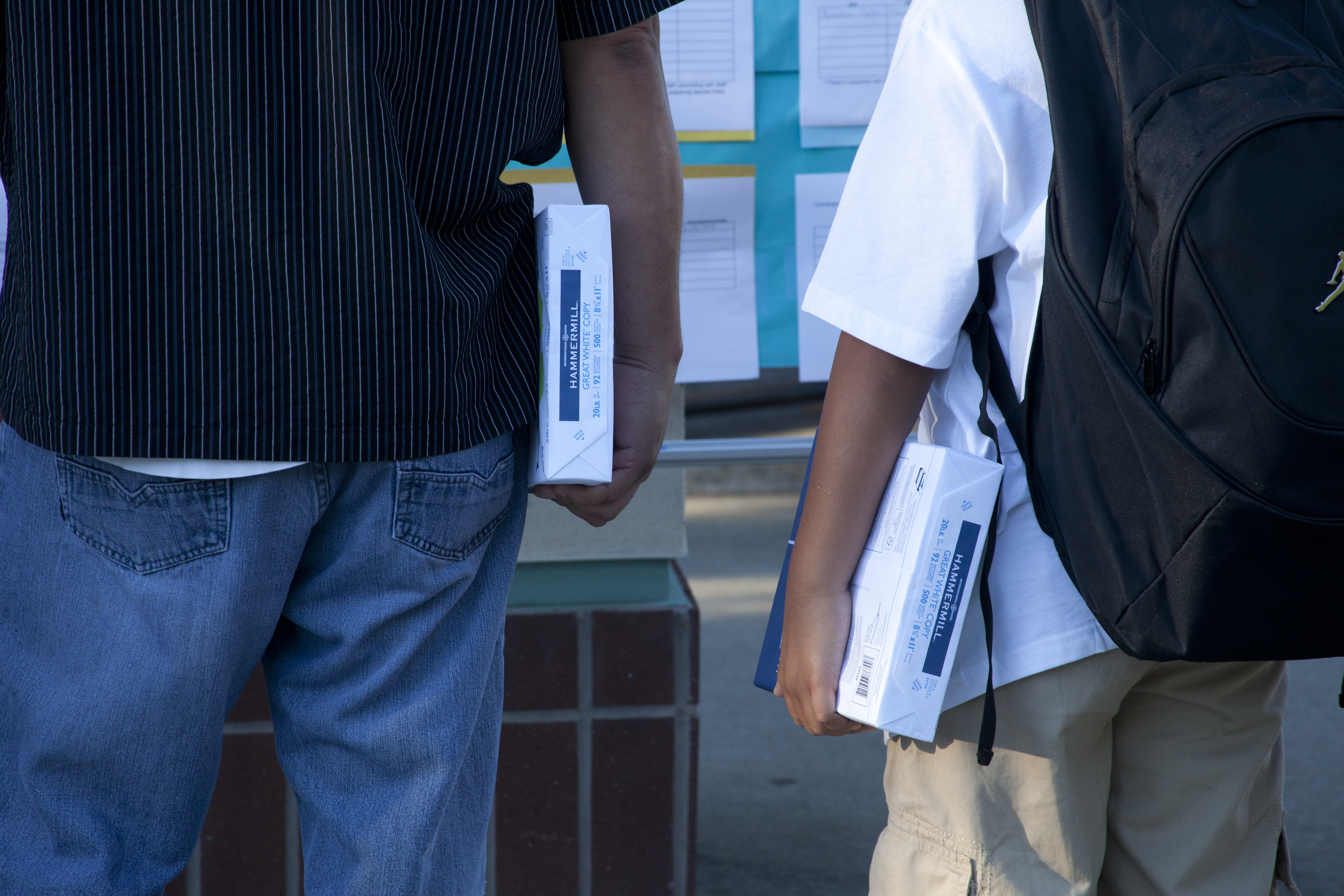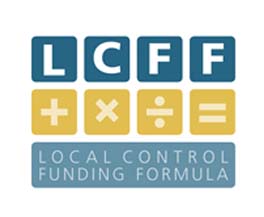by Mike Walsh, Trustee, Butte County Office of Education and CSBA Director-at-large County I’ve come to appreciate a few accomplishments in my life thus far. Some were planned, such as starting my own company, completing my graduate degree, and learning to play the guitar. Many […]
Reducing Chronic Absence: An Overlooked Opportunity for Raising Student Achievement
September is Attendance awareness month! To celebrate, we have invited four guest bloggers to provide insight throughout the month about the importance of student attendance. In this first installment, guest blogger Hedy Chang explores how reducing chronic absence can raise student achievement. By Hedy Chang, […]
Common Core is Like the Grateful Dead
by Christopher Maricle, Policy and Programs Officer Words are powerful things. When I was in college, a friend tried unsuccessfully to convince me to listen to the Grateful Dead. But the word ‘dead’ had a strong negative image for me—and their trademark symbol, the skull, […]
A Good Day for Civics Education
For keen observers of education policy and political junkies, last week’s State Board of Education Meeting was everything we hoped for. While there were only about half the number of speakers signed up to testify as there were for last January’s dynamic meeting, board members, superintendents, community advocates, parents, and busses full of students all came together in Sacramento to have their say on the Local Control Funding Formula.
Bill to improve funding for school facilities passes key committee
Legislative action to authorize a new state school facilities bond for the November 2014 ballot passed the Assembly Education Committee April 9. Assembly Bill 2235, Buchanan, D-Alamo, would set before voters the Kindergarten-University Public Education Facilities Bond Act of 2014 which would provide funding—in an amount currently unspecified—for new school construction.
CTC again considers special credential for ROTC teachers
The Special Teaching Authorization in Physical Education for members of the Reserve Officers’ Training Corps would serve as recognition that the credential holder has met the subject matter requirement and represent another option for school boards considering whether to grant high school graduation credit for ROTC or Basic Military Drill.
Hungry kids can’t learn: More districts are expanding their free lunch programs
Lunch will now be free for students in the Palm Springs Unified School District who used to receive a reduced lunch price of 40 cents per meal, the Board of Education recently decided. This will positively impact the achievement of some low-income students whose families still cannot afford the reduced meal prices. Research has shown that children learn better when they are properly nourished. The change is set to go into effect at the start of the 2014-15 school year and will cost the district about $14,000 monthly, which will be paid by the district’s nutrition fund, separate from general fund dollars.
What can principals do to make parents feel more welcome at their child’s school?
The Local Control and Accountability Plan is an exciting new development for local control and what we all hope will be equity. For the equity piece to work as planned, parents must step up to make their voices heard. This is also a time when we must ask, how can school leadership empower parent voices?
Counting low-income students for LCFF: CSBA and school meal advocates seek to reconcile state, federal methods
CSBA is striving to find a resolution that will ensure hungry students are fed and that participation in school meal programs continues, while also ensuring LCFF funding and accountability provisions are met.
New suspension/expulsion stats confirm use of discipline alternatives
The report that suspensions are down in California schools is welcome news to educators, students and their families—and a focus on alternative disciplinary strategies is getting the credit. A reduction in the number of actions for willful defiance (called student defiance in the official report) and a shift to programs like restorative justice that promote respect and personal responsibility have helped reduce expulsions by 12.3 percent and suspensions by 14.1 percent during 2012-13, State Superintendent of Public Instruction Tom Torlakson announced last week.






![By Alton (Own work) [GFDL (http://www.gnu.org/copyleft/fdl.html), CC-BY-SA-3.0 (http://creativecommons.org/licenses/by-sa/3.0/) or CC-BY-SA-2.5-2.0-1.0 (http://creativecommons.org/licenses/by-sa/2.5-2.0-1.0)], via Wikimedia Commons](http://blog.csba.org/wp-content/uploads/2014/04/Narbonne_High_ROTC.jpg)



